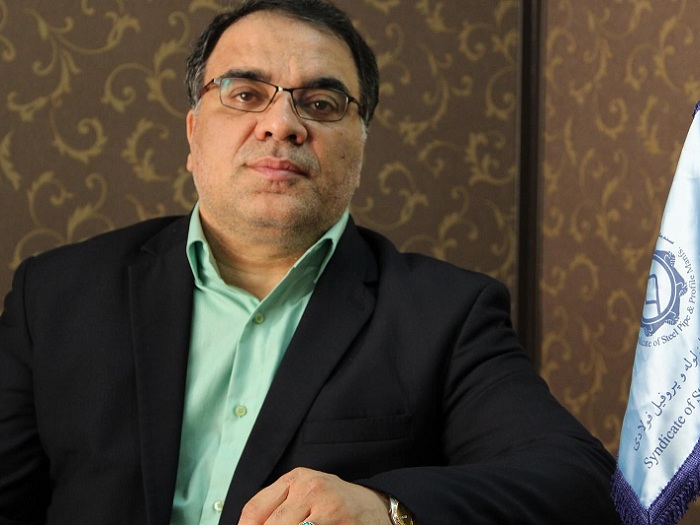Reduce exports by changing customs directives

Amir Hossein Kaveh, Managing Director of Sadid Industrial Group: One of the challenges in the country's production system, which has plagued most of the country's producers and businesses, is the need to import raw materials that do not exist domestically or are not produced sufficiently.
According to the International Iranian Stone Exhibition, spare parts and some required consumer equipment must also be supplied through imports. In the meantime, despite all the problems related to sanctions, the imports in question are being made, but for various reasons, they are not allowed to be cleared through customs. Accordingly, in most of the related surveys conducted by chambers and trade unions, the issue of customs issues has always been one of the challenges for producers in various industries. These problems, from the allocation of Nima currency to the registration of orders and the impossibility of clearance, deposit and depot of goods, cause the production system of the mentioned industries to face several problems in the year of the production leap.
Among these, the main issue that provides the ground for non-clearance of goods from customs is the non-allocation or late allocation of currency by the Central Bank, which consequently does not transfer documents to the Iranian owner of the goods. This issue is more sensitive about basic goods and perishable materials, as well as some industrial raw materials. Therefore, it seems that by holding meetings between the Ministry of Industry, Mines and Trade, Customs and the Central Bank, new facilities should be considered for enterprises involved in related issues. In this regard, the last action taken by the government in October this year on the issue of goods depots in customs, after the first vice president visited Hormozgan and Shahid Rajaei port, is to adopt and announce decisions that will facilitate the entry and assignment of goods imported to customs. . In any case, apart from the problems of importing raw materials at the time of sanctions and registration of orders, the continuation of the aforementioned process and the rapid non-implementation of decisions taken in customs clearance matters; It leads to more and more slowness of the production system in the year of the production leap, which ultimately leads to more problems for firms and a lack of commercialization of businesses. Meanwhile, the pipe and profile industry in the export sector has also faced challenges in the customs sector. Among these challenges are the part-time operation of some border customs due to the Corona pandemic, the lack of adequate equipment at the border customs, and the closure of Tehran customs on Thursdays.
In addition, the customs repeatedly stops exports without prior coordination and information in the form of a non-expert directive of the Ministry of Industry, Mines and Trade. This causes a lot of damage to the exporter. It also paves the way for hundreds of trailers to stop at the border. It also raises the pessimism of buyers of target countries and increases export costs. There is no customs. In this regard, facilitating exports by increasing the time of customs operations and avoiding the issuance of directives without consulting the private sector, are the basic strategies in resolving these issues.
Finally, it should be noted that the parliament has recently reached new agreements on import and export challenges by holding meetings with the Ministry of Industry, Mines and Trade and the Central Bank. Items such as the establishment of a Central Cleaning Room with goods in the Ministry of Industry, Mines and Trade to closely monitor import operations against exports without the need to exchange currency for basic goods and raw materials, operationalization of the import versus export process In the Senate market, instead of the half rate, the role of industry, mining and trade in determining the registration of orders, foreign exchange expenditures and management of the import sector; It is hoped that with the implementation of the above-mentioned cases, problems such as the allocation of foreign exchange resources of importers will be eliminated and eventually the deposit and storage of goods at customs will be reduced.
* ILNA










